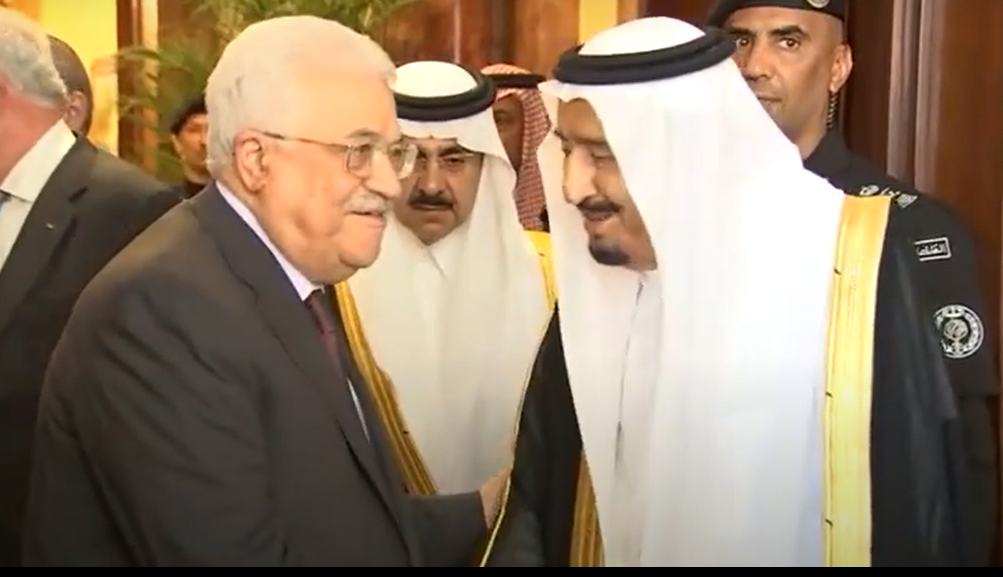In Riyadh, Saudi Arabia, ongoing talks are taking place between the Palestinian delegation and Saudi leadership, as well as the American delegation, concerning the normalization agreement with Israel.
The Palestinian delegation includes Hussein al-Sheikh, the Secretary-General of the PLO’s Executive Committee; Majed Faraj, the Head of Palestinian Intelligence; and Majdi al-Khaldi, the Advisor to the PA Chairman.
The American delegation includes Brett McGurk, Advisor to the President on Middle East Affairs, and
Barbara Leaf, Assistant Secretary of State.
The meetings with the Palestinian delegation are being held separately.
In anticipation of the discussions in Saudi Arabia, and despite the PA’s demand for the implementation of the Arab Peace Initiative from 2002, PA Chairman Mahmoud Abbas conveyed a message to the Saudi leadership, expressing his willingness to support whatever position it takes regarding normalization with Israel, but he also requested that efforts be made to find solutions to the needs of the Palestinians.
The PA has formulated a series of demands in return for its non-opposition to the normalization agreement between Israel and Saudi Arabia:
- Reopening of the American consulate in Jerusalem.
- Repeal of the American law designating the PLO as a terrorist organization.
- Demolition of illegal outposts in Judea and Samaria.
- Transfer of territories in Judea and Samaria from B and C status to full Palestinian sovereignty.
- The resumption of negotiations between the PA and Israel.
PA sources have indicated that the Palestinian delegation met with Barbara Leaf, the US Assistant Secretary of State, in Amman last week.
She made it clear to them that these demands are unrealistic and could potentially lead to the dissolution of the coalition in Israel.
Therefore, she suggested a more pragmatic approach.
Following consultations held by PA Chairman Mahmoud Abbas after this meeting, he formulated a more flexible strategy.
He is not interested in a conflict with Saudi Arabia, the leader of the Arab and Islamic world.
Instead, he aims to maximize the gains from this process without confronting Saudi Crown Prince Mohammed bin Salman.
His decision was made after consultations with Egyptian President Al-Sisi and King Abdullah of Jordan.
Hussein al-Sheikh convinced the PA chairman that the normalization agreement between Saudi Arabia and Israel would be signed regardless.
President Biden is highly interested in achieving a political breakthrough in the Middle East ahead of the presidential elections, which means he may not exert strong pressure on Israel regarding sensitive issues related to its relations with the Palestinians.
Al-Sheikh persuaded Mahmoud Abbas to focus on obtaining substantial financial aid for the PA to prevent its collapse and ensure its continued existence in the coming years.
However, the Palestinian delegation has requested that the Saudi leadership and the American delegation obtain an Israeli commitment to halt the PA’s tax cuts and the IDF’s entry into Palestinian city centers in Judea and Samaria, as well as stopping the expansion of settlements.
American advisor Brett McGurk has urged the Palestinian delegation to present practical solutions that would prevent the collapse of the PA as a preparatory step for the renewal of ties between Israel and the PA.
This would also delay the PA’s request for permanent member state status at the United Nations by several years.
It has been agreed in the discussions that the US and Saudi Arabia will jointly develop a financial aid package to prevent the collapse of the PA.




